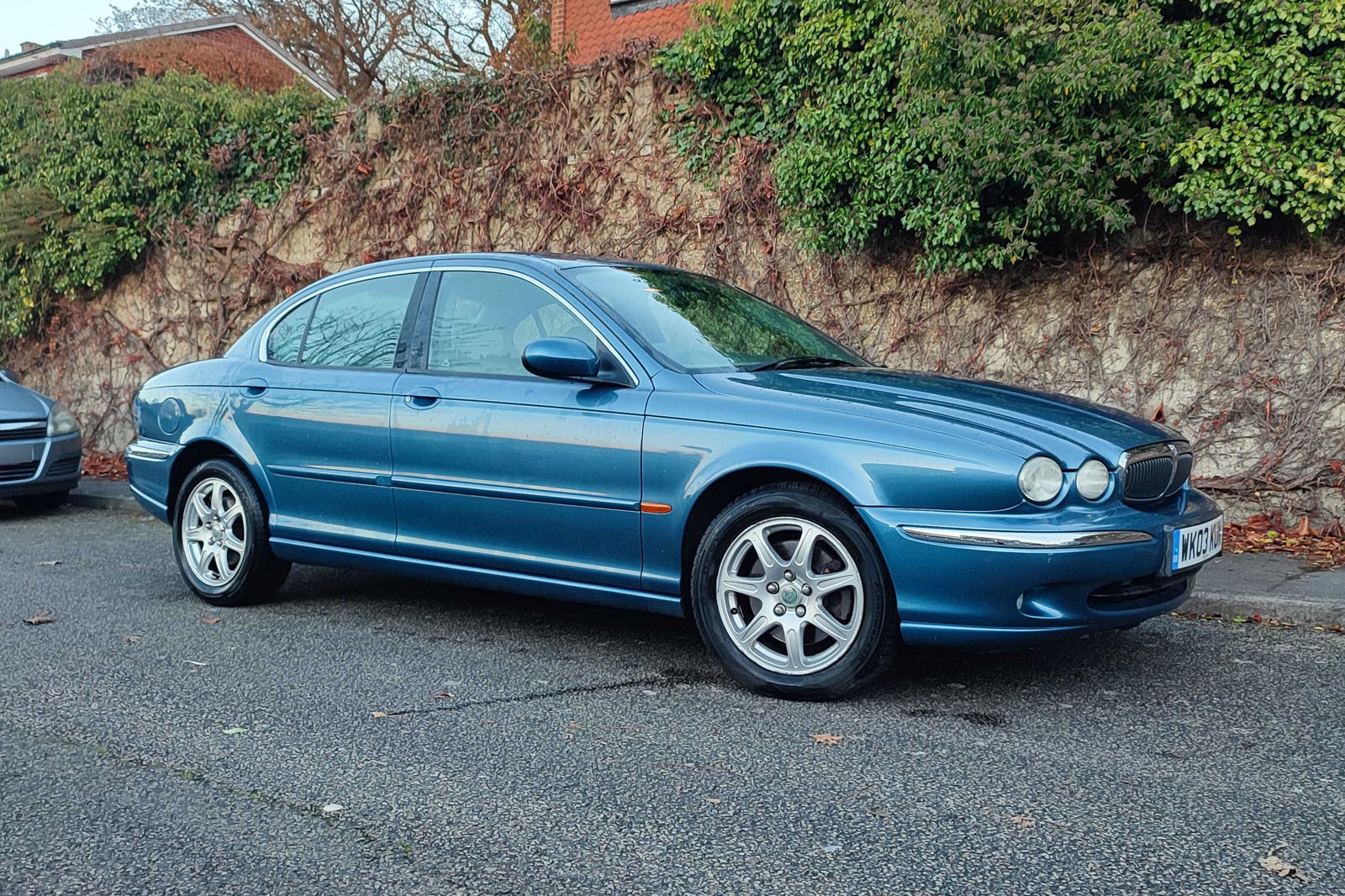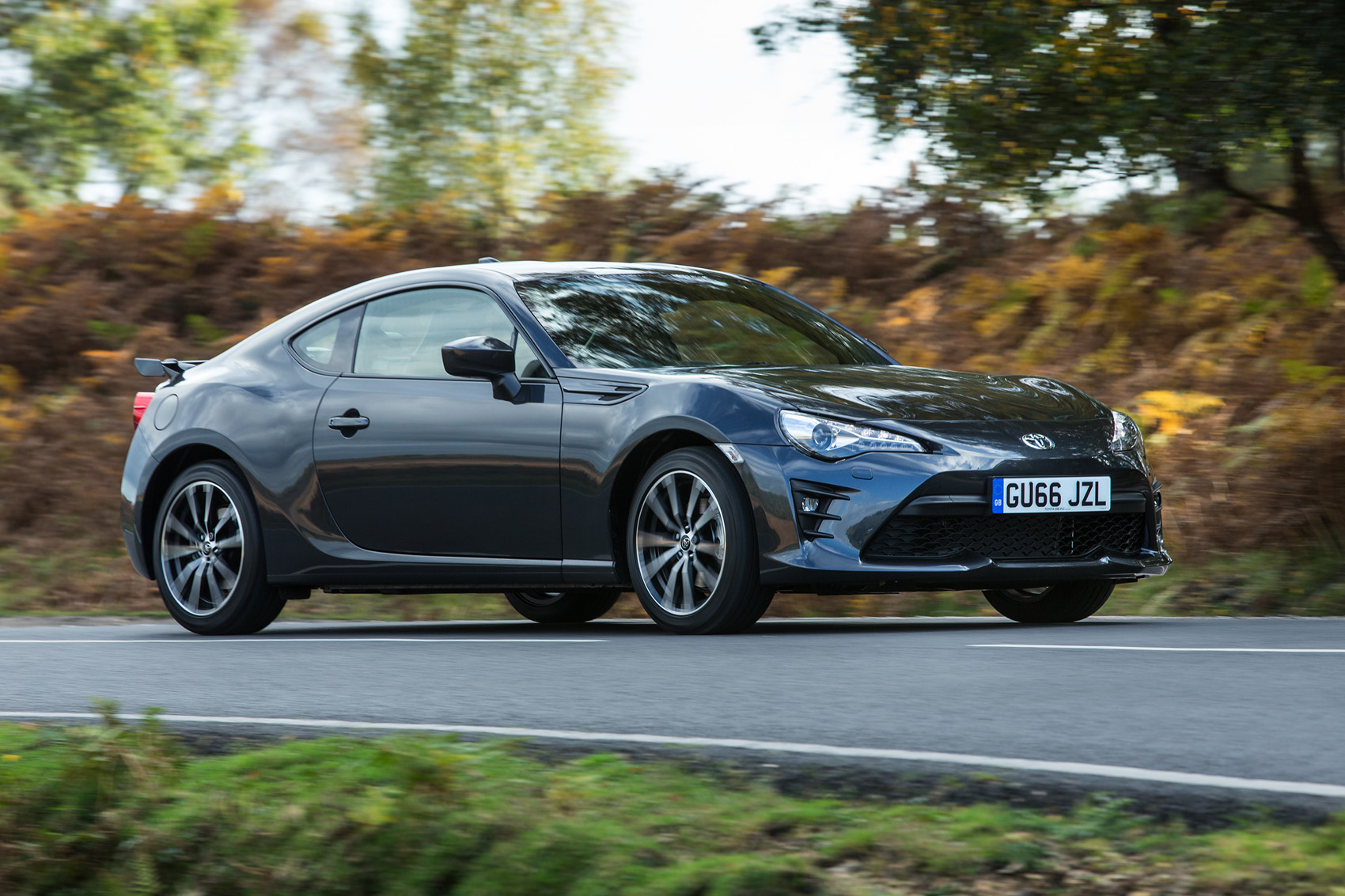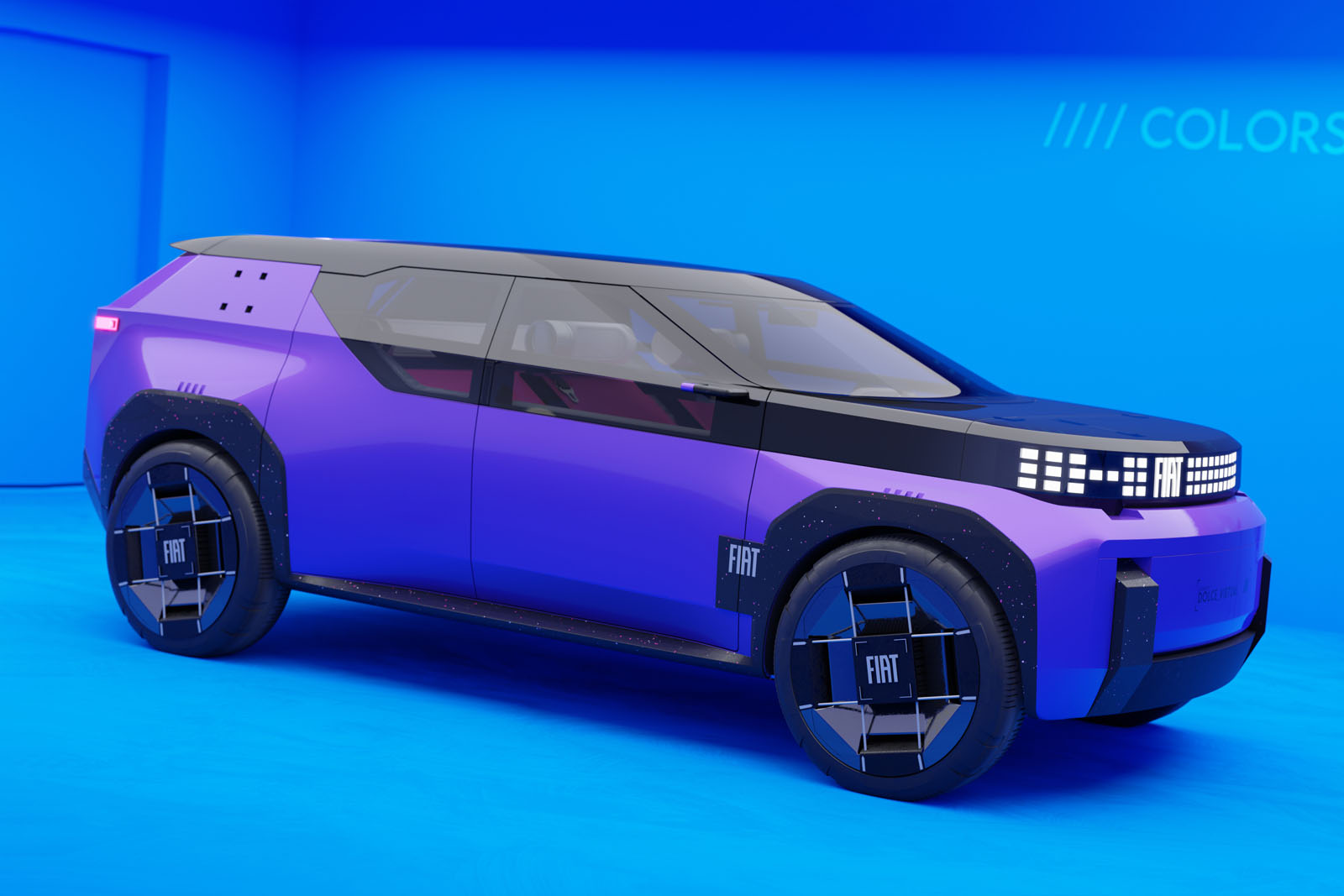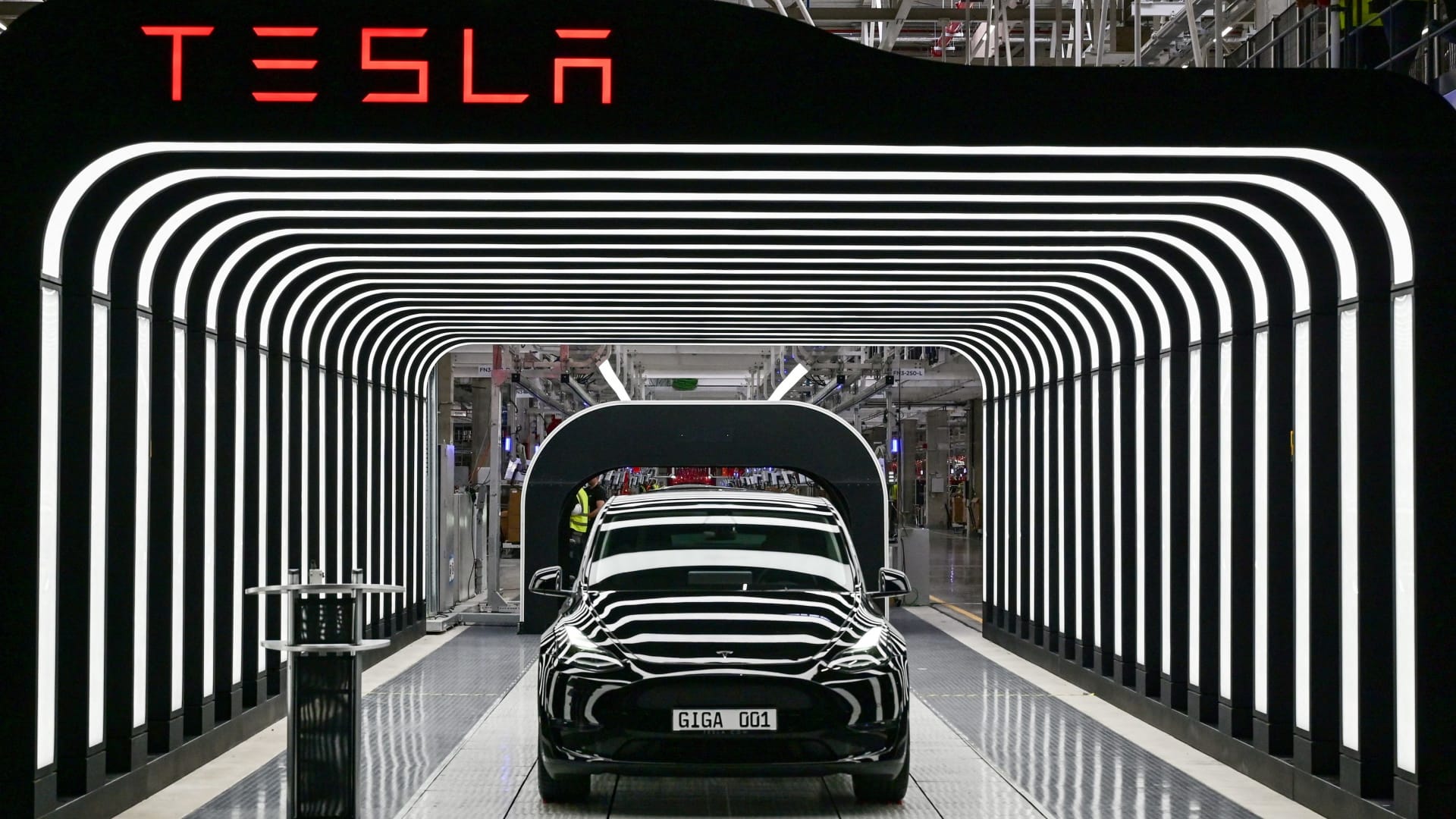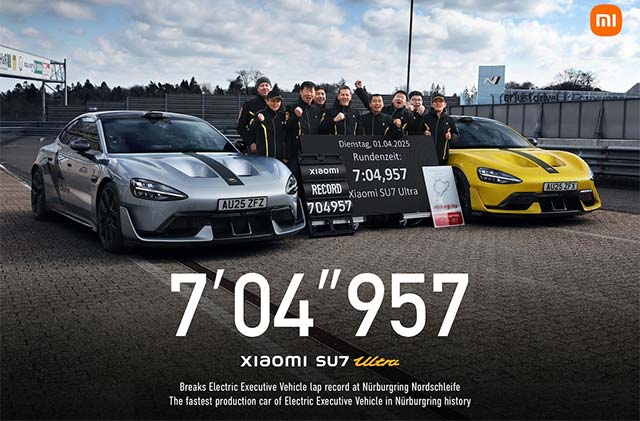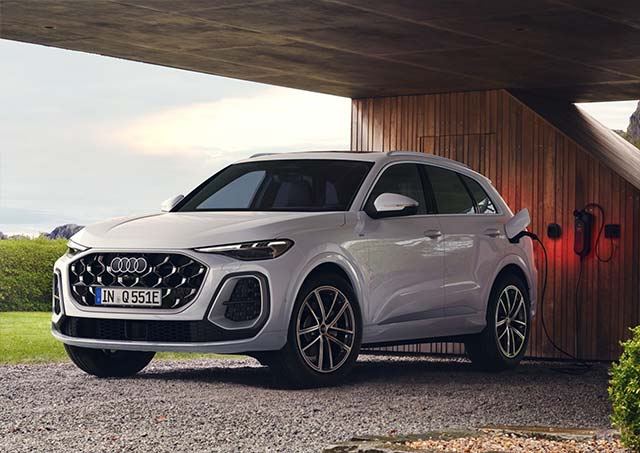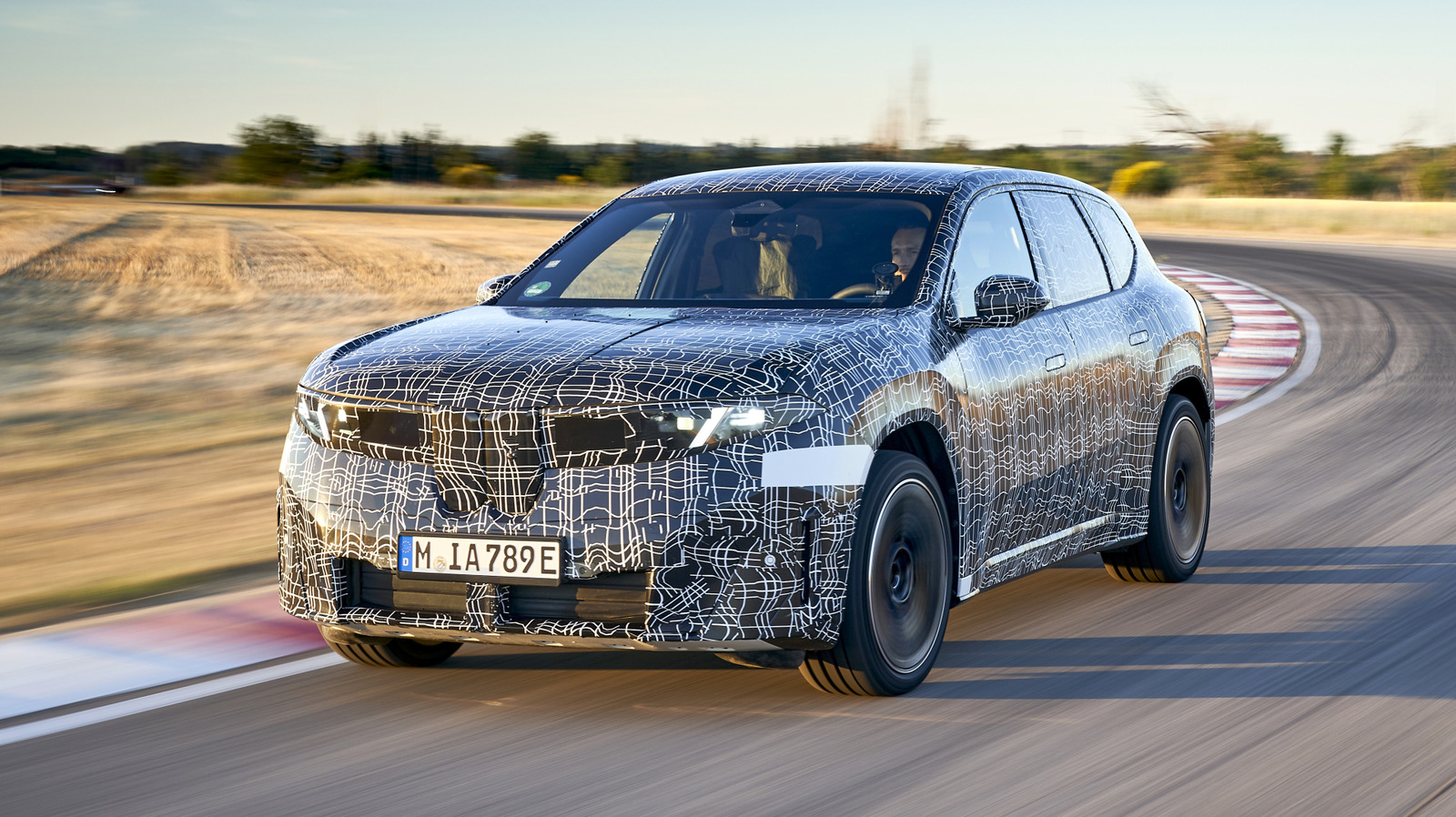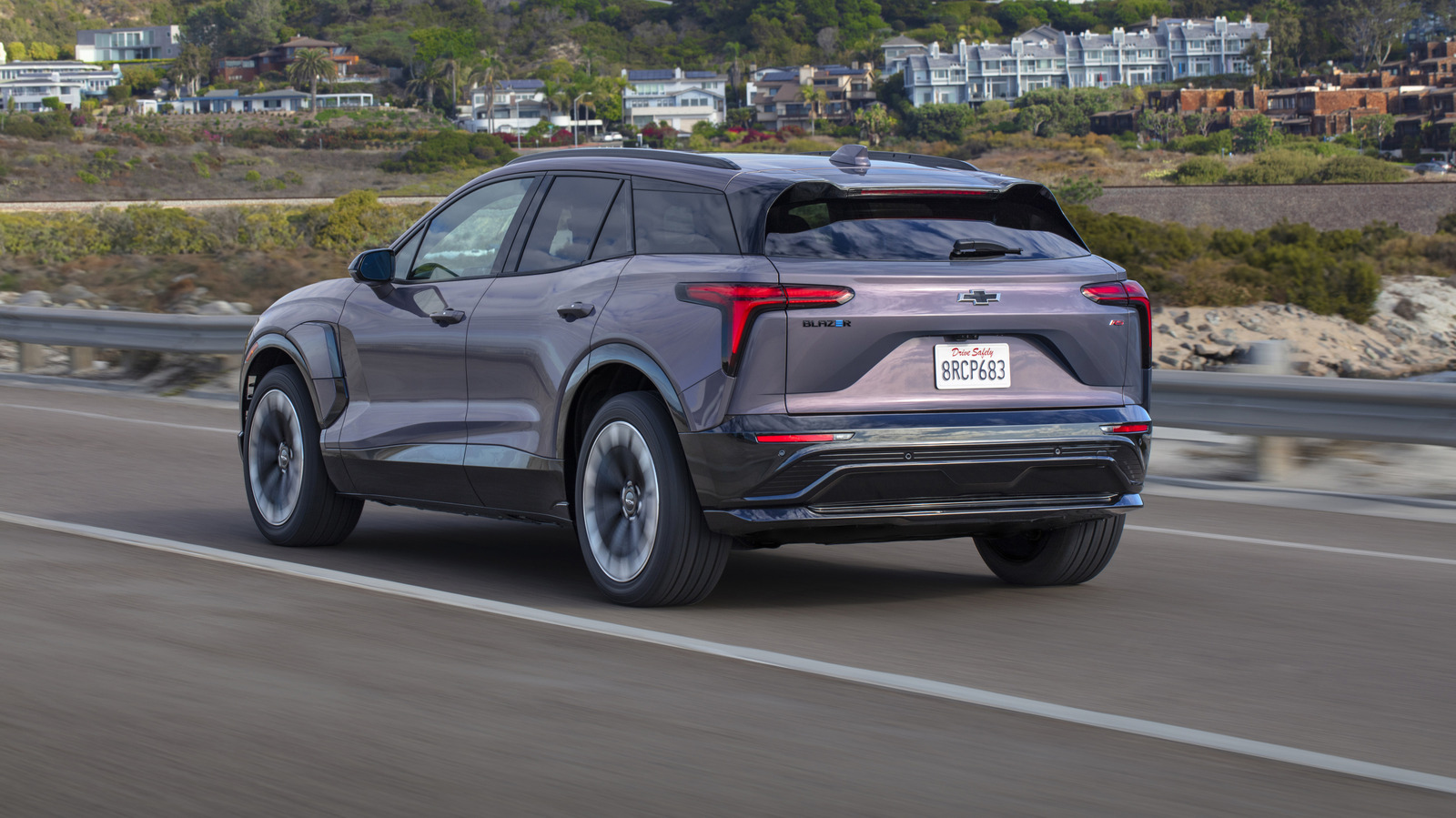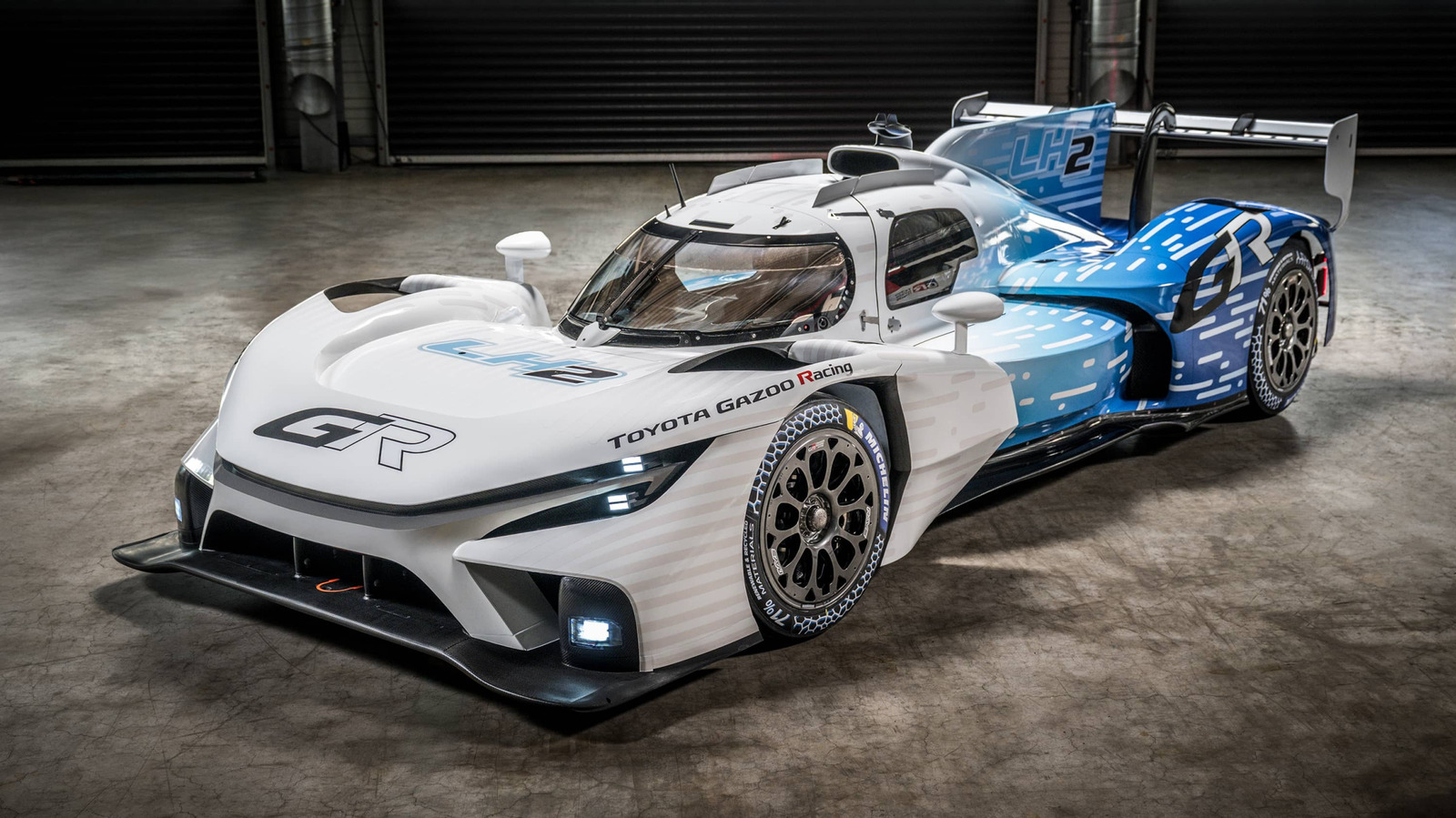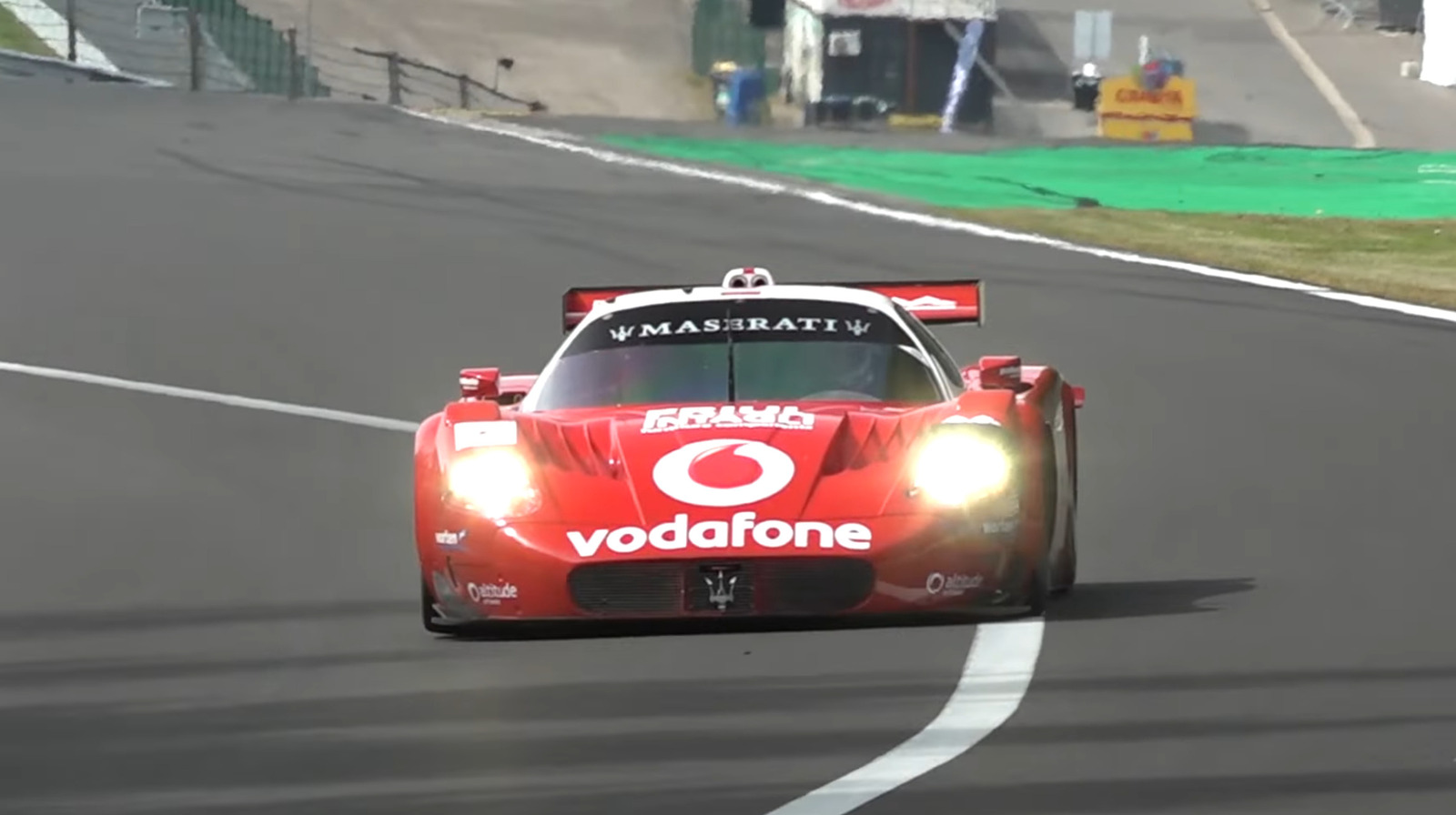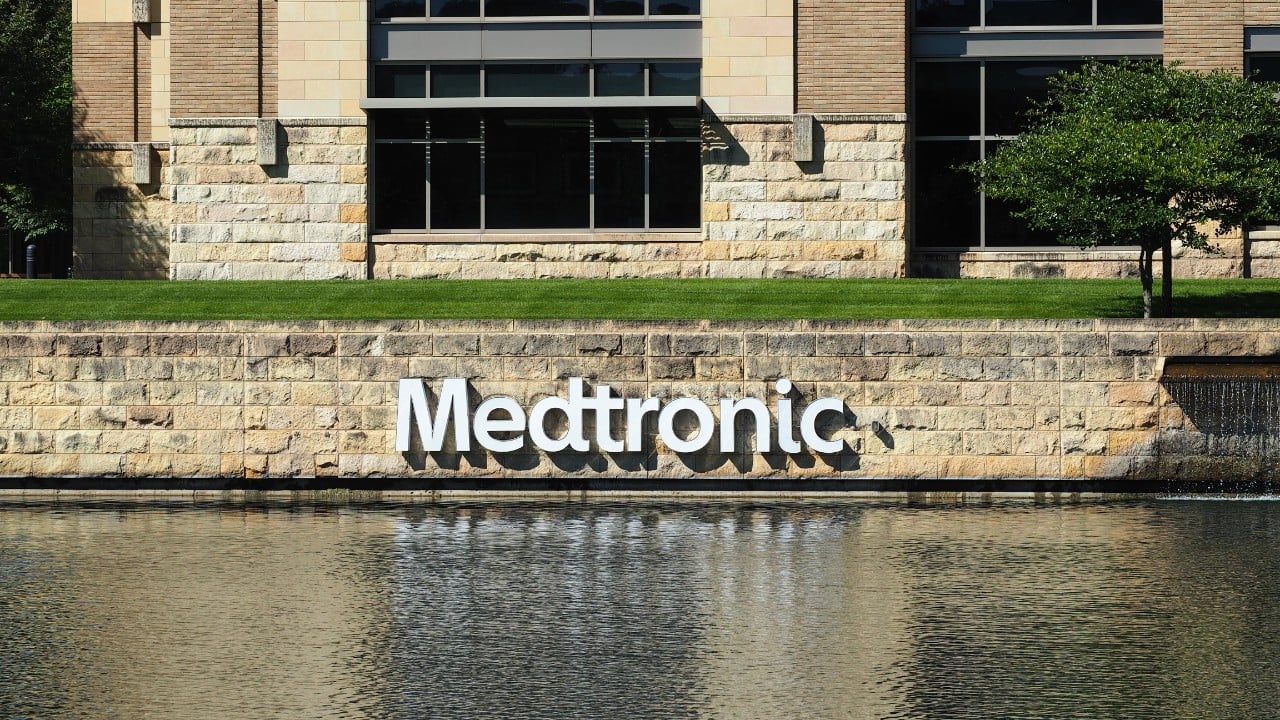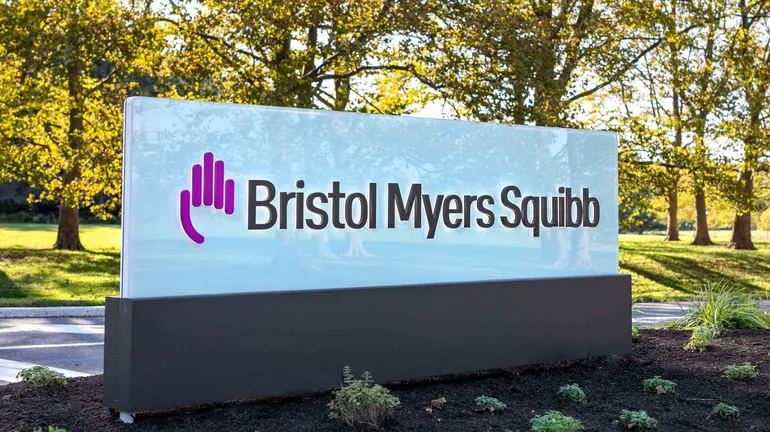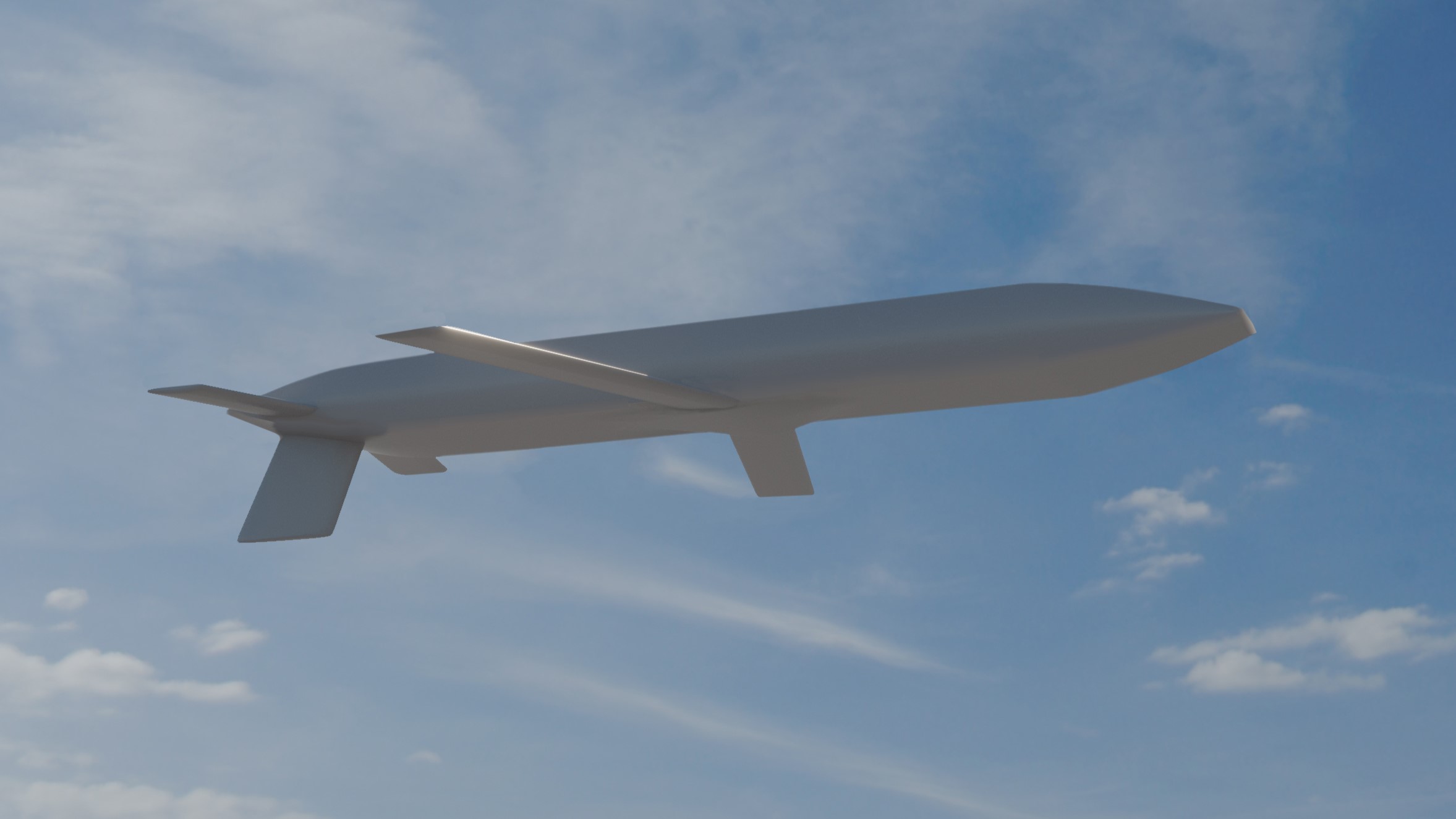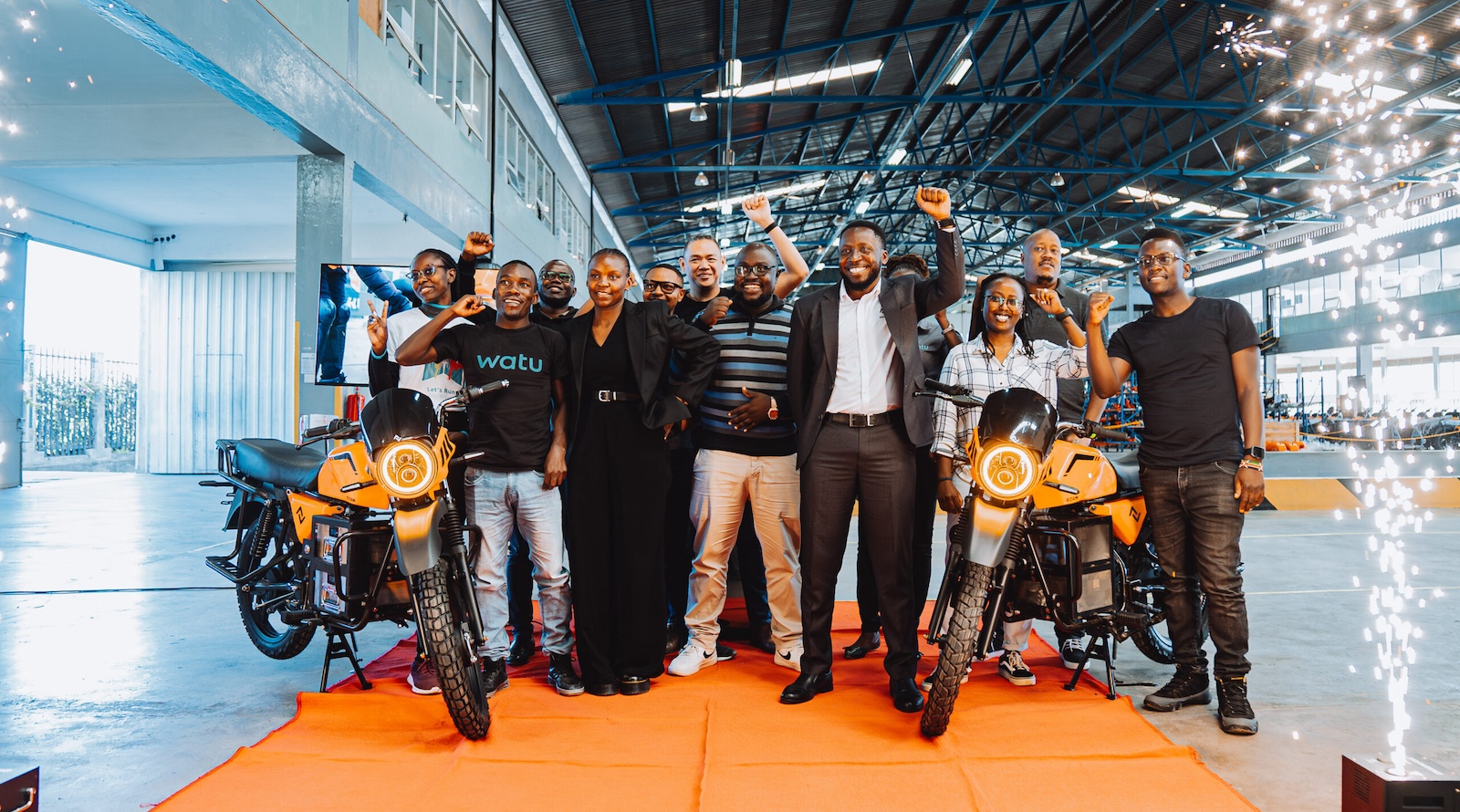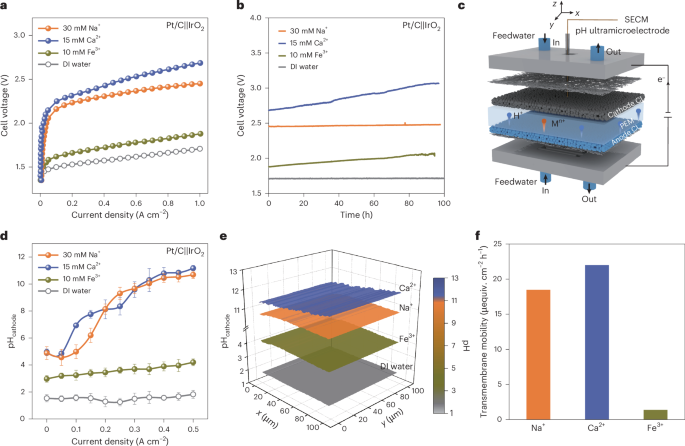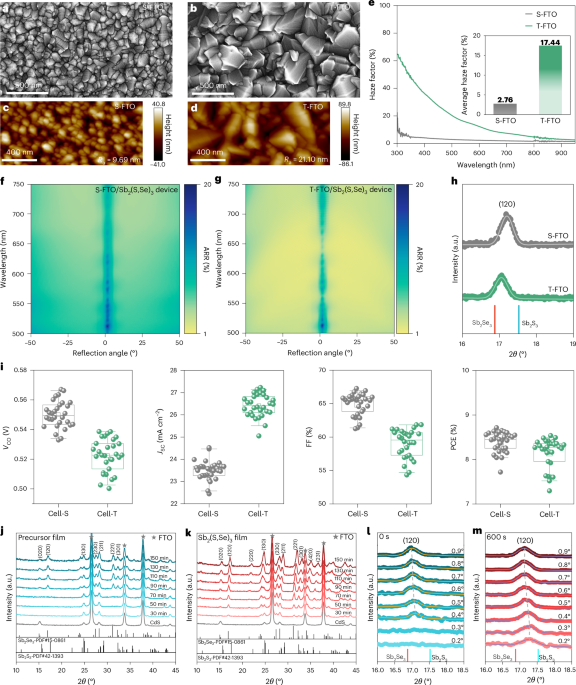Daimler And Toyota Plan Massive Merger Of Trucking Subsidiaries
Daimler Truck and Toyota Motor Corporation have jointly announced that their Fuso and Hino truck subsidiaries will “integrate on an equal footing and cooperate in the areas of commercial vehicle development, procurement, and production.” The goal will be for the partnership to yield a new holding company by April of 2026.


Daimler Truck and Toyota Motor Corporation have jointly announced that their Fuso and Hino truck subsidiaries will “integrate on an equal footing and cooperate in the areas of commercial vehicle development, procurement, and production.” The goal will be for the partnership to yield a new holding company by April of 2026.
The automakers are both supposed to hold a 25 percent stake in the presently unnamed holding company, which will then own the entirety of Fuso and Hino. The new entity will be overseen by current Fuso CEO Karl Deppen and be listed on the Tokyo Stock Exchange.
While you may understandably be under the impression that Fuso is a Mitsubishi subsidiary — especially since its official title is the “Mitsubishi Fuso Truck and Bus Corporation” — the vast majority of the corporate stock (at nearly 90 percent) is owned by the Daimler Truck Group.

Germany’s stranglehold on the trucking industry cannot be overstated. It’s difficult to pin down exactly how dominant Daimler’s market share happens to be, it’s long been considered the global leader in terms of production. Already a mainstay in both Europe and North America, the company secured its place in Asia after buying up Fuso stock in the early 2000s.
Toyota did the same thing with Hino in 2001. However, the two businesses already had decades of collaborative endeavors under their belt with Hino serving as an affiliate of Toyota since the 1960s. Unfortunately for Hino, the brand was caught falsifying emissions certifications in 2022. The regulatory scandal allegedly went back nearly 20 years, encouraging Toyota to start distancing itself from the brand in a bid to save face.

In response to the scandal, Hino was banned from the Commercial Japan Partnership Technologies Corporation (CJPT) and underwent an industry guilt trip that rivaled what happened to Volkswagen in the wake of Dieselgate. Despite practically every automaker in history undergoing some amount of emissions cheating in order to pass regulations, Hino arguably faced some of the worst punishments. The truck brand’s reputation was effectively ruined on the home market. But it also confronted criminal penalties and civil fines across numerous markets.
Some countries (including the United States) put multi-year importation bans on importing Hino engines while the company was likewise forced to pay to replace motors that failed to meet emissions. It was simultaneously forced to invest into so-called green initiatives (EV development funding, EV awareness campaigns, etc). Obviously, the above negatively impacted its financial performance to the tune of billions.
While some may view the new business agreement to integrate the two truck brands as a potential antitrust violation, holding companies have become a clever tool the automotive sector has used to protect themselves from any liabilities and lawsuits while likewise seeing some tax advantages. There’s absolutely some economic and financial voodoo taking place. But governments don’t seem to mind, provided the business tie-up with the holding company that manages all the subsidiaries is sufficiently complex.

This is further reflected in the corporate statements, which leverage loads of industry spell crafting and business jargon. Meaningless terms like “mobility” abound while the brands hint that what is effectively a complicated business merger (with opportunities for fresh investment capital) will somehow result in a better world for all of mankind.
From Toyota:
Commercial vehicles support daily life through the movement of people and goods and are an important form of mobility that can be considered "social infrastructure". With this collaboration, the four companies have been seeking a meaningful way to create the future of commercial vehicles. Based on the common desire to "contribute to an affluent society through mobility", the four companies are proceeding with their collaboration and are now pleased to announce the exciting next stage.
By integrating Mitsubishi Fuso and Hino Motors, the companies aim to improve business efficiency in areas such as development, procurement and production. With this, they expect to significantly enhance the competitiveness of Japanese commercial vehicle manufacturers and strengthen the foundation of the automotive industry in Japan and Asia.
The new holding company shall proudly contribute to customers, various stakeholders, and the automotive industry by helping to solve issues surrounding commercial vehicles, such as carbon neutrality and logistics efficiency, while striving to realize a sustainable and prosperous mobility society and to strengthen the commercial vehicle business globally through the development of CASE technologies (Connected, Autonomous, Shared, Electric), including hydrogen.

Regardless of how thick they're laying things on for the sake of the public, the above is likely good news for everyone involved. Daimler Trucks can further expand its influence in Asia while the new holding company will serve as soft reset for the defamed Hino and its presumably perturbed parent company.
"We believe that the future is for us to build together. Today's final agreement is not the goal but the starting line,” stated Toyota CEO Koji Sato. “Our four companies, aiming to achieve a sustainable mobility society, will continue to create the future of commercial vehicles together."
The agreement was similarly praised by the top executives at Hino, Daimler Truck, and Mitsubishi Fuso. However, finalizing the deal will still be subject to the approval of all the relevant boards, shareholders, and local business authorities. Either way, the companies stated that additional details on the scope and nature of the collaboration, including the name of the new holding company, will be announced over the next several months.

[Images: Toyota; Fuso; Hino]
Become a TTAC insider. Get the latest news, features, TTAC takes, and everything else that gets to the truth about cars first by subscribing to our newsletter.










